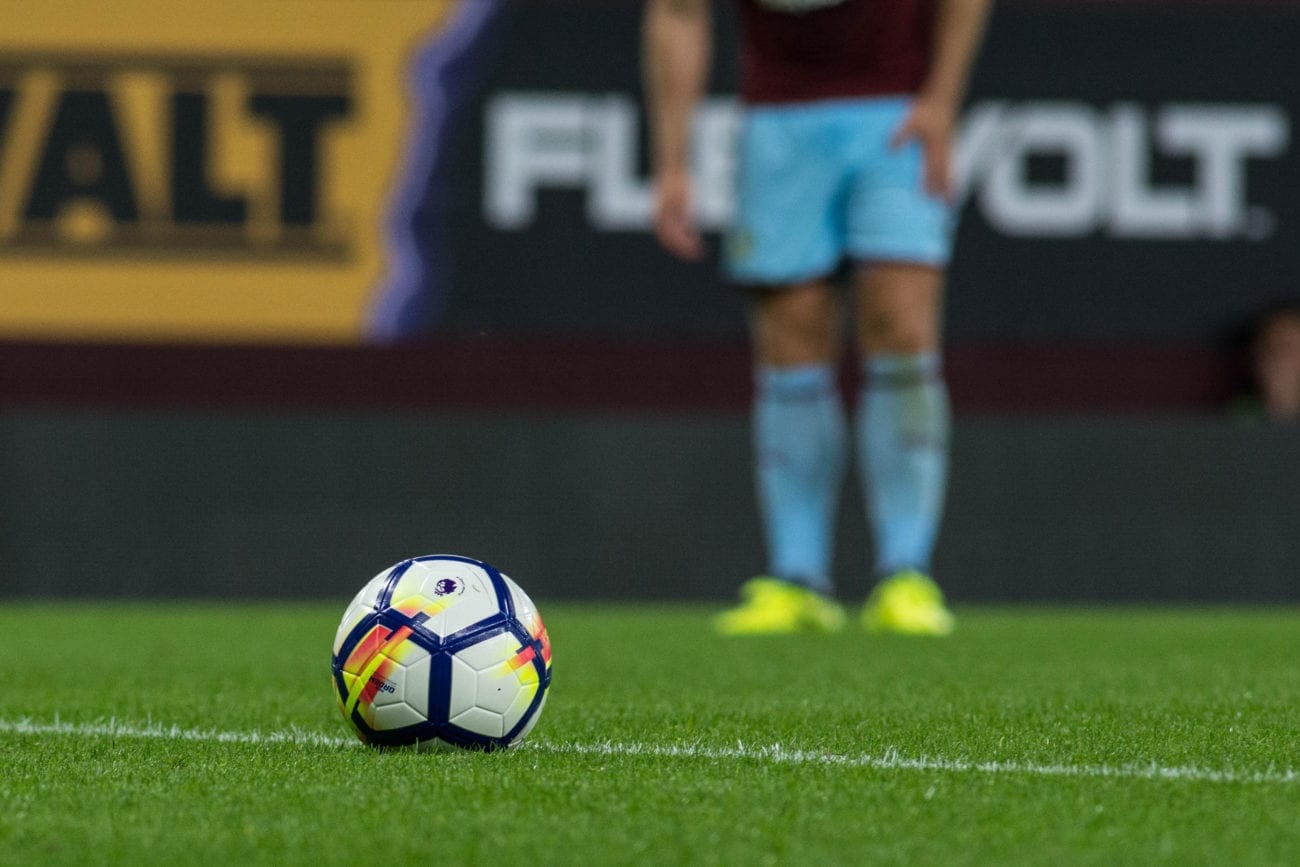GambleAware launches latest phase of Bet Regret campaign

Problem gambling charity GambleAware has announced the launch of the next phase of its Bet Regret national safer gambling campaign.
From today (11 September) ahead of the English football season starting at the weekend, the campaign will continue to target men aged between 18 and 34 who frequently gamble on sport.
The latest phase of the project will comprise two television adverts, alongside a radio and digital campaign. The first TV ad will premiere during the televised Premier League season-opener between Fulham and Arsenal tomorrow.
The advert will feature a wrestling theme, based around the concept of ‘tapping-out for time out’ and encouraging punters to pause before making an impulsive bet.
“This new campaign is designed to help fans steer clear of Bet Regret and reduce potential gambling harms,” GambleAware trustee and chair of the Safer Gambling Campaign Board Sian Griffiths explained.
GambleAware said the second phase of the campaign took into account research by Ipsos, which evaluated the first year of the initiative. Findings included that self-awareness among the main target audience of men aged 18-35 is increasing and their behaviour is changing, but still require specific advice on safe betting.
This research revealed that following the return of football in June after a three-month shutdown caused by the novel coronavirus (Covid-19) pandemic, 27% of respondents were betting more than before the lockdown, while 62% had bet on football online in the past month.
GambleAware also took into account new research from the Football Supporters Association (FSA), which surveyed male fans to learn more about their attitudes and behaviours.
This poll discovered that 83% of fans were more likely to bet on a game they are watching at home than if they were there in person, with 73% saying it is easier to place a bet when at home. Fans in the UK are not currently able to attend matches due to Covid-19 restrictions.
“The first year of the Bet Regret campaign had a positive impact on our target audience,” Griffiths said. “We are looking to build on that success by influencing behaviour change through encouraging sports bettors to ‘tap out’ of their gambling app and take a moment to reflect before placing a risky, impulsive bet.
The campaign has also received backing from the government, with a number of Ministers coming forward to praise GambleAware for its the efforts to address problem gambling,
Jo Churchill MP, Minister for Prevention, Public Health and Primary Care, said: “It is excellent news that the Bet Regret campaign is entering its second year and encouraging those who may be placing a bet to pause and reconsider. It also helps ensure that anyone who needs it can get advice and support to protect them from gambling related harm.”
Nigel Huddleston MP, Minister for Sport, Tourism and Heritage Nigel Huddleston added: “Safer gambling messaging has a vital role to play in protecting people from gambling-related harm. This new GambleAware campaign is a creative and engaging way to urge people to pause and reflect on the implications of their actions.”
The launch of phase two comes after GambleAware earlier this month revealed that it had secured a number of new partners to support the ongoing campaign.
Men’s weight loss charity Man v Fat and Supporters Direct Scotland, a group looking help fans gain influence and ownership of their clubs, both committed their support, while existing partnerships with the FSA and Scottish Football Supporters Association were renewed.
Bet Regret launched in February 2019, followed by a second wave of activity in August that year, the latter backed by GVC Holdings, which donated branding rights from its partnerships with football clubs to the campaign.
GambleAware has supported the ongoing campaign by launching a new online portal in January 2020 to provide punters with information on how to gamble safely and sustainably, as well as links to the Bet Regret assets.
In addition, a special campaign ran when football returned after the Covid-19 shutdown, encouraging punters to think twice before they placed a bet.
